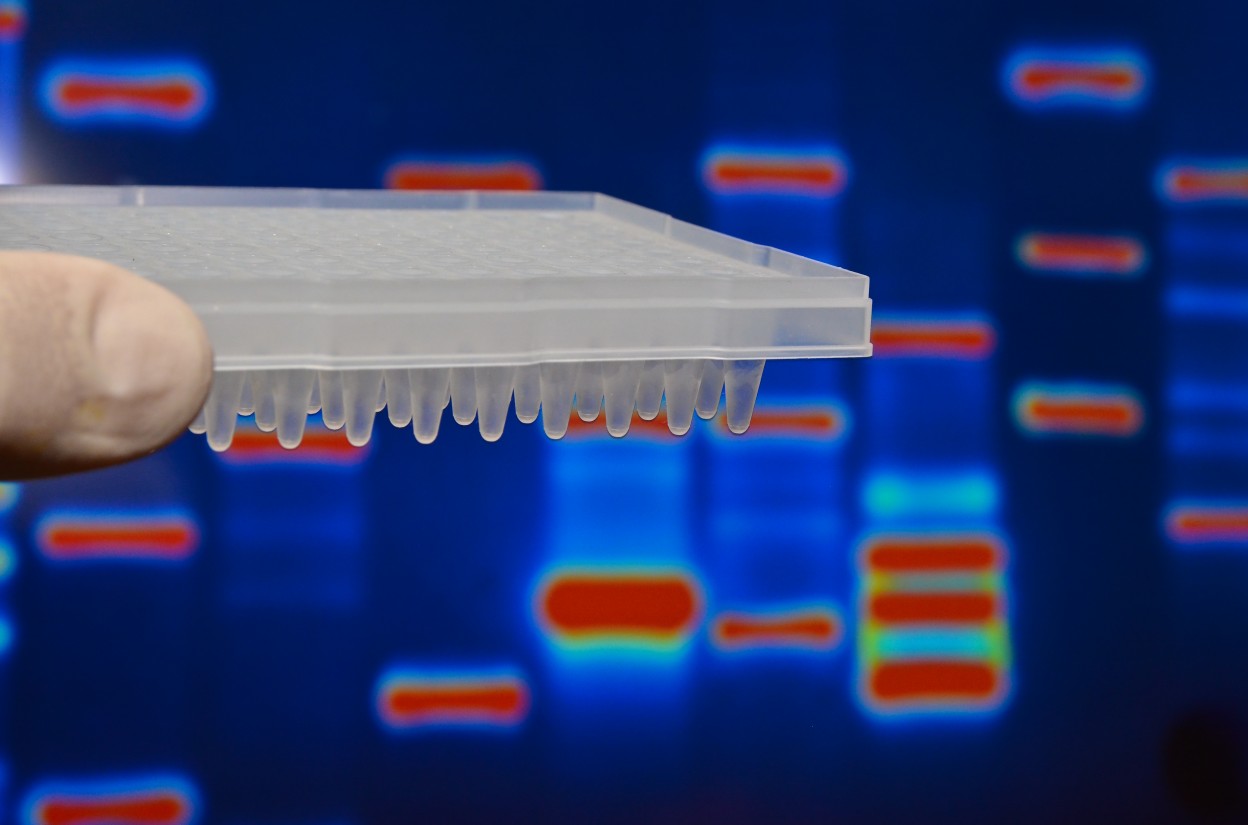DDC Gene Variant Linked to Higher Dopamine Production, Excretion in Kidney, Altered AADC Function, Study Reports
Written by |

A specific variant in the DDC gene is associated with higher dopamine excretion and production in the kidney, as well as altered function of aromatic l-amino acid decarboxylase (AADC), according to a study.
The study, “A new common functional coding variant at the DDC gene change renal enzyme activity and modify renal dopamine function,” appeared in the journal Scientific Reports.
Impaired production of dopamine or disrupted function of its receptors in the kidney are associated with the development of high blood pressure and progression of nephropathy — or kidney disease. Dopamine production is mediated by the AADC enzyme, the deficiency of which leads to various symptoms that start in infancy.
A team from the U.S. and Japan assessed in twins and siblings whether changes in renal dopamine production and excretion are heritable by analyzing single nucleotide polymorphisms (SNPs) — differences in a single nucleotide, the building blocks of DNA — in the DDC gene, which provides instructions for making AADC.
Blood and urine samples were collected from twins recruited via a twin registry, caregivers from The Alzheimer Caregiver Coping Study, and U.S. Marines from the Marine Resiliency Study.
Findings showed that secretion and renal excretion characteristics of catecholamines — which include dopamine, adrenaline, and noradrenaline — were markedly heritable. Elevated urinary levels of dopamine were significantly more common in women than men.
In addition, participants with higher dopamine excretion had other significant increases, such as in urine adrenaline and noradrenaline, excretion of potassium, sodium and chloride, and estimated glomerular filtration rate, a measure of kidney function.
In contrast, increased dopamine excretion was not associated with changes in circulating catecholamines, including plasma dopamine, blood pressure, or heart rate.
Genetic testing then revealed a previously uncharacterized single variant in exon 14 of DDC associated with greater dopamine excretion and production, as well as higher excretion of albumin — a sign of kidney disease — and increased binding of renal tubules to sodium and lithium in healthy individuals. For reference, exons are the DNA bits that contain the information to generate proteins.
Further characterization of this gene variant — known as Arg462Gln, which means that an arginine amino acid is replaced by glutamine at position 462 — revealed that, in comparison with the normal gene copy, the altered gene led to lower enzyme levels and showed lower maximal rate of AADC formation.
“These findings augment our understanding of the kidney dopaminergic system, and shed new light on the link between [dopamine] production and renal dysfunction,” the scientists wrote.




